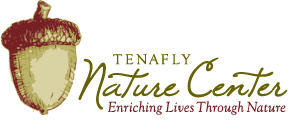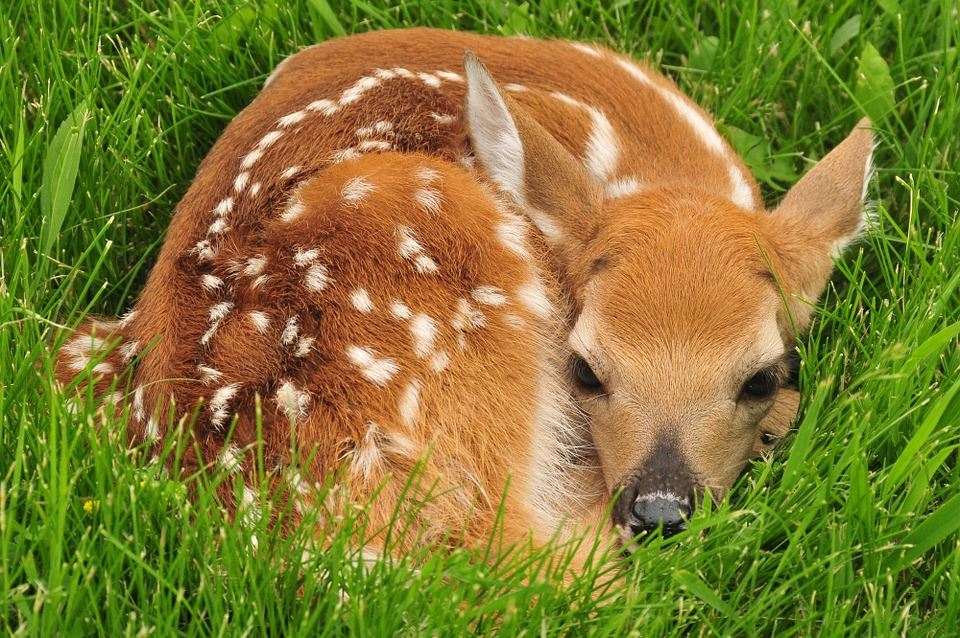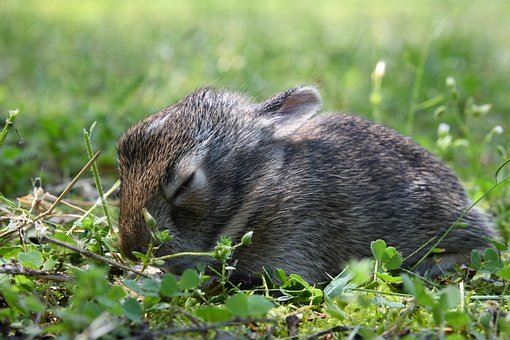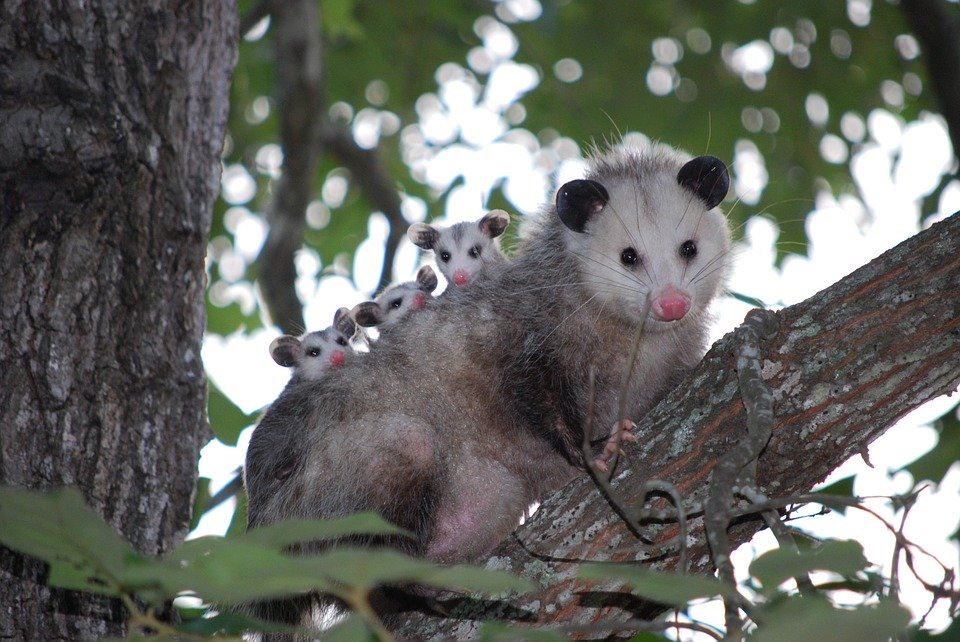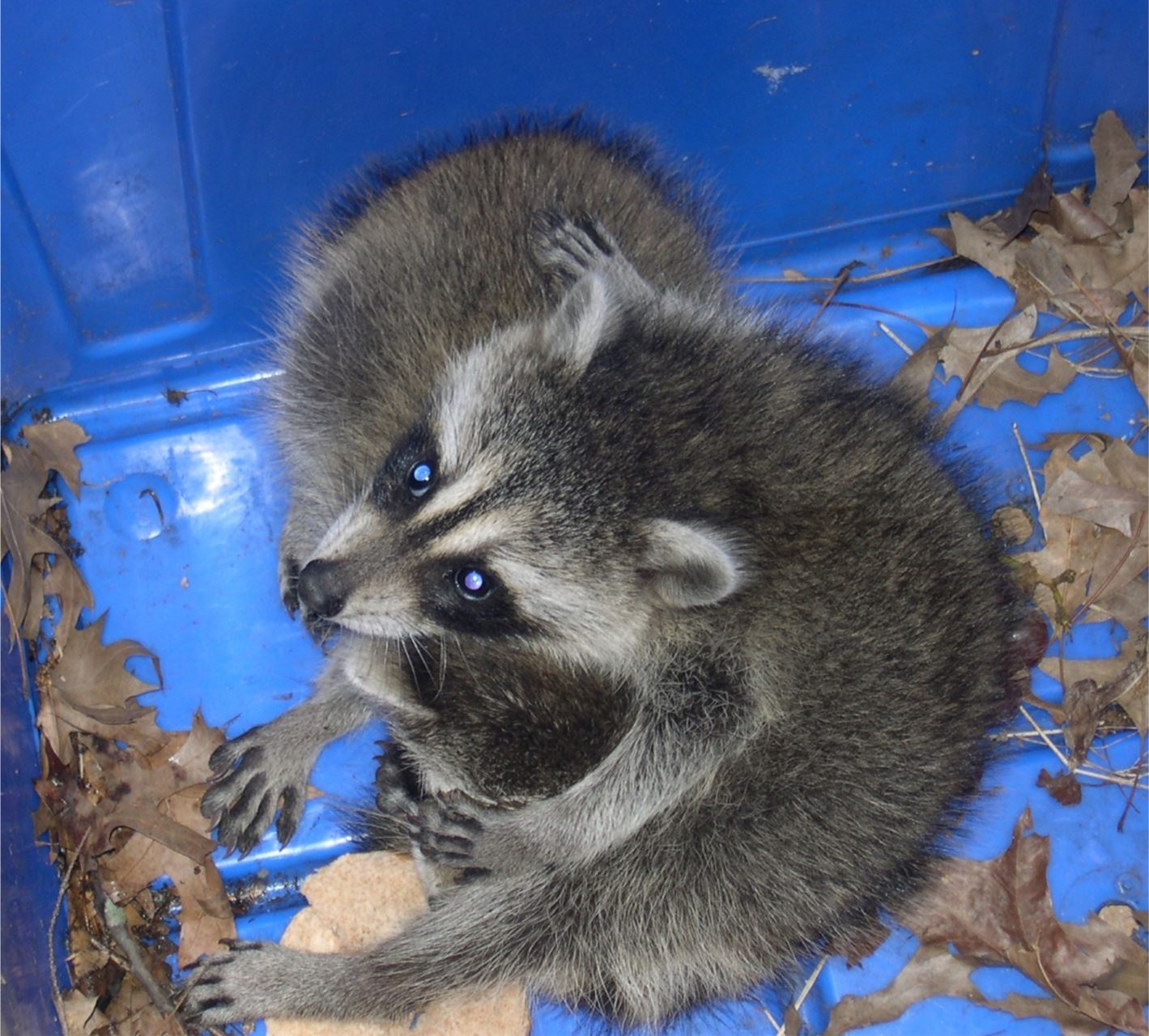TNC Account Log-In |
Help, I've found an animal! |
The information presented below will inform you on what to do if you find an animal that either appears to be and or is in fact injured or orphaned. Please utilize advice and tips at your own discretion as laws regarding wildlife may differ in your county of business or residence. Tenafly Nature Center cannot accept injured or orphaned wildlife. |
Always take extreme caution when approaching wild animals.
|
Wildlife Rehabilitation - Issues and SolutionsEvery day, people attempt to do the right thing by helping an animal in need. But more often than not and at no fault of the attentive party, the animal in question does not require human assistance. Make no mistake that the true act of kindness in most situations is leaving them alone. Difficult and troubling to reconcile though it may be, we, as animal lovers dedicated to the preservation of our natural environment must respect the sad fact that not all animals are destined to live and thrive over the course of their species's respective lifespan. It is an unfortunate but necessary measure Nature must take to preserve the balance of life. Still, there are actions one can take to help. Tenafly Nature Center's staff and associates recommend all injured or orphaned wildlife be taken to a licensed wildlife rehabilitator. These wildlife professionals have the training, veterinary services, facilities, and experience to help wildlife in need. If you are unable to immediately deliver injured or orphaned animal(s)to your nearest rehabilitator, call for advice. Most rehabilitators are volunteers and will need you to bring them the animal. And remember, it is illegal to care for any wild animal without proper medical licensing. Tips for Preventing Human-Wildlife Conflicts and Problems
| Local Wildlife RehabilitatorsConsult the following links for local wildlife rehabilitator listings and locations:
Interested in training to become a Wildlife Rehabilitator?
|
